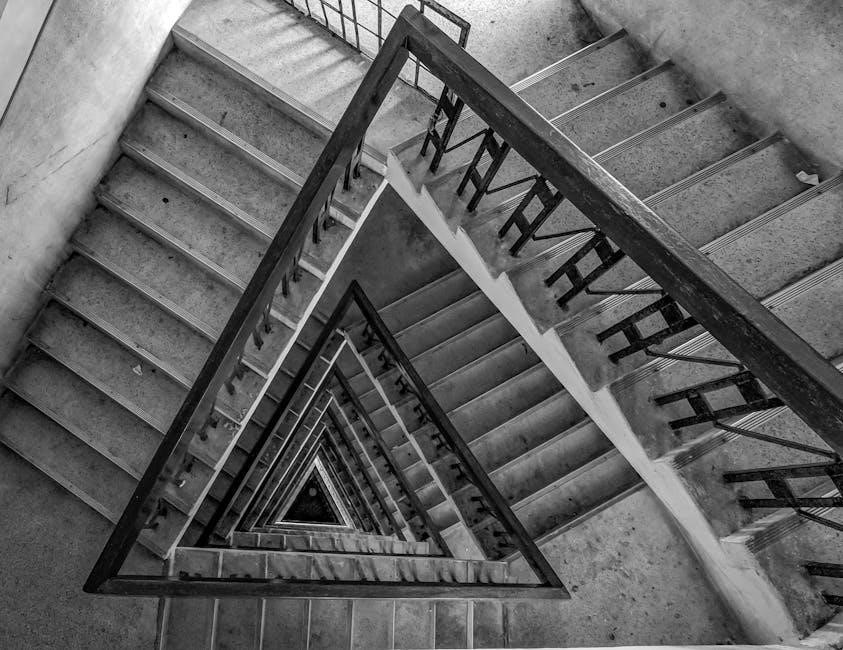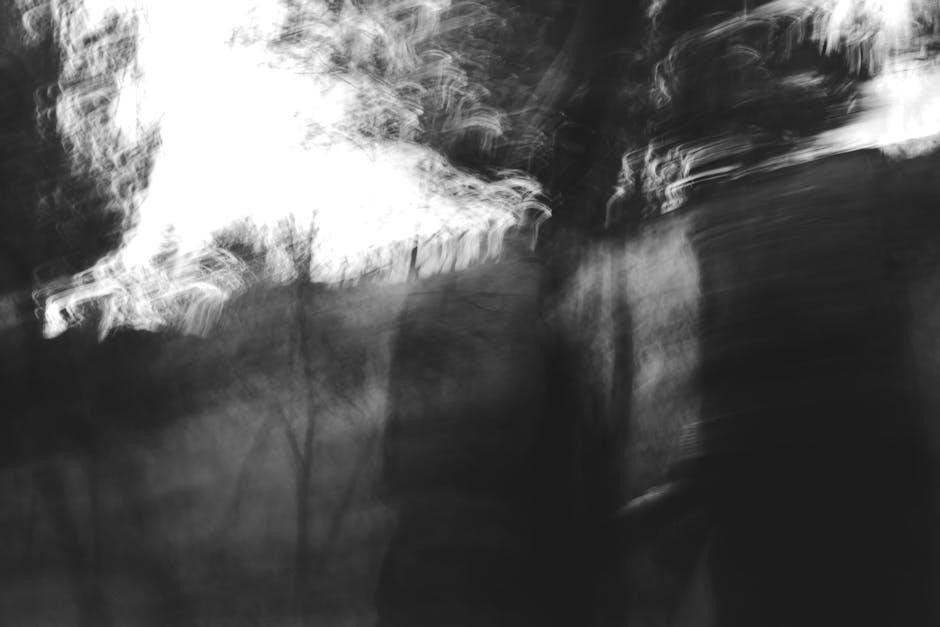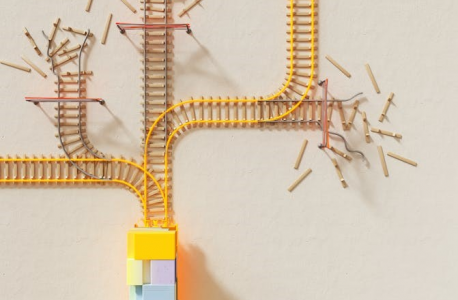The Nikah Nama, or Islamic marriage contract, is a sacred and legal document outlining the union of a Muslim couple, ensuring adherence to Islamic principles and mutual consent.
Significance of Nikah Nama in Islamic Marriage
The Nikah Nama holds profound significance as both a legal and spiritual document in Islamic marriage. It formalizes the union with mutual consent, Mahr, and witnesses, ensuring adherence to Shariah principles. As a Sunnah, it reflects Prophet Muhammad’s (PBUH) teachings, emphasizing respect, justice, and compassion. The bilingual Urdu-English format enhances accessibility, blending tradition with modern needs. This document is essential for validating the marriage and safeguarding the rights of both partners, embodying the sacred commitment between spouses under Islamic law.
Overview of the Nikah Nama Document
The Nikah Nama document is a detailed marriage contract outlining essential information such as the bride and groom’s personal details, marital status, and Mahr arrangements. It includes sections for witness signatures, ensuring transparency and validity. Available in Urdu PDF, it incorporates legal and religious requirements, adhering to the Muslim Family Laws of 1961. The form is structured to cover all necessary aspects of the marriage contract, making it a comprehensive and legally binding document for couples in Pakistan and beyond.

Legal and Religious Overview
Nikah Nama is both a legal and spiritual contract in Islam, requiring mutual consent, a Wali, witnesses, and Mahr, ensuring compliance with Islamic law and cultural norms.
Legal Requirements for Nikah in Pakistan
In Pakistan, Nikah Nama must comply with the Muslim Family Laws Ordinance 1961. The bride must have a Wali, and at least two adult male witnesses are required. The groom must pay Mahr, and both parties must provide consent. For second marriages, proof of the end of the previous marriage is mandatory. The form, available in Urdu, must be registered with local authorities to ensure legal validity. Proper documentation and adherence to these rules are essential to avoid legal complications and ensure the marriage is recognized under Islamic and Pakistani law.
Religious Significance and Sunnah of Nikah
Nikah holds profound religious significance as a Sunnah of Prophet Muhammad (PBUH), emphasizing mutual consent, respect, and commitment. It is a sacred bond between two souls, blessed by Allah, and considered an act of worship. The ceremony reflects Islamic values of modesty, fairness, and transparency. The payment of Mahr symbolizes the groom’s responsibility and respect for the bride. Witnesses ensure transparency, adhering to Islamic teachings. Nikah is not just a legal contract but a spiritual commitment, fostering a harmonious and righteous marital relationship as per Islamic principles.

Structure and Components
The Nikah Nama form includes sections for personal details of the bride and groom, witnesses, Mahr, and terms of the marriage, ensuring clarity and compliance with Islamic principles.
Key Sections of the Nikah Nama Form
The Nikah Nama form incorporates essential sections such as the bride and groom’s personal details, their marital status, and the names of their guardians. It also includes information about the Mahr, which is the dowry or gift given by the groom to the bride, and the signatures of at least two male witnesses, ensuring the marriage’s validity under Islamic law. Additionally, the form may outline any specific conditions or agreements between the couple, providing a clear and legally binding framework for their union.
Importance of Mahr and Witnesses
The Mahr, a gift from the groom to the bride, symbolizes the groom’s commitment and responsibility, ensuring the bride’s financial security. It is a divine obligation in Islam, reflecting fairness and justice. Witnesses, typically two male adults, validate the marriage’s legality and transparency, ensuring both parties consent freely. Their presence upholds Islamic teachings and prevents disputes, making them integral to the Nikah Nama’s authenticity and the marriage’s legitimacy under both religious and legal frameworks.

Obtaining the Nikah Nama Form
The Nikah Nama form in Urdu PDF is easily accessible online, available for download from official websites, mosques, or legal offices, ensuring convenience and authenticity.
Where to Download the Urdu PDF Form
The Nikah Nama form in Urdu PDF can be downloaded from official government websites, mosques, or legal offices in Pakistan. Additionally, platforms like RightExactly offer quick and easy access to the form. Many online legal services provide fillable templates, allowing users to download and print the document conveniently. Some websites also offer e-signing options, streamlining the process. Ensure authenticity by downloading from trusted sources, such as the National Database and Registration Authority (NADRA) or local Islamic councils. This ensures the document adheres to legal and religious standards.
Steps to Fill Out the Nikah Nama Form
Begin by downloading the Nikah Nama form in Urdu PDF from a trusted source like NADRA or local Islamic councils. Fill in the personal details of the bride and groom, including names, parentage, and residential information. Specify the Mahr amount and its payment terms. Provide witness details, ensuring two male witnesses sign the document. The bride’s Wali must also endorse the form. After filling, review for accuracy and obtain signatures from all parties involved. Finally, submit the form to the relevant authorities for registration and obtain a certified copy.

Registration Process
The Nikah Nama must be submitted to local authorities or mosques for validation and registration, ensuring the marriage is legally recognized and a certificate is issued.
Procedure for Registering Nikah Nama in Pakistan
Registering a Nikah Nama in Pakistan involves submitting the completed form to the local Union Council or mosque authorities. The process begins with obtaining a marriage license from the relevant government office. Couples must provide identification documents, witness statements, and, if applicable, proof of divorce or widowhood. The Nikah ceremony is performed in the presence of an Imam and at least two adult male witnesses. After the ceremony, the Union Council issues an official marriage certificate, validating the union legally and religiously.
Role of Local Authorities and Mosques
Local authorities and mosques play a crucial role in the Nikah Nama process. Mosques often facilitate the ceremony, with the Imam officiating and ensuring Islamic rituals are followed. Local authorities, such as the Union Council, are responsible for verifying documents, registering the marriage, and issuing the Nikah Nama certificate. This collaboration ensures the marriage is legally recognized and adheres to religious guidelines, providing an official record for the couple.

Language and Accessibility
The Nikah Nama form is available in both Urdu and English, ensuring accessibility for speakers of both languages. The Urdu PDF format is widely preferred in Pakistan for its clarity and ease of use.
Bilingual Nikah Nama Forms (Urdu and English)
The Nikah Nama form is available in both Urdu and English, catering to diverse linguistic needs. This bilingual format ensures clarity and accessibility, especially in regions where English is not widely spoken. In Pakistan, Urdu remains the primary language for legal documents, while English is often included for international recognition. The inclusion of both languages in the form facilitates understanding and compliance with Islamic and legal requirements. This dual-language approach also supports couples who may need the document for official purposes abroad. The bilingual Nikah Nama form is widely accepted and simplifies the marriage registration process for Muslim couples worldwide.
Benefits of the Urdu PDF Format
The Urdu PDF format of the Nikah Nama form offers several advantages. It ensures uniformity and readability, making it easier to fill out and understand. The PDF format preserves the layout and design of the document, reducing errors and ensuring all sections are clearly presented. Additionally, Urdu PDFs are widely accepted by legal and religious authorities in Pakistan and other Urdu-speaking regions. This format also allows for easy sharing, printing, and electronic submission, streamlining the marriage registration process. The Urdu PDF is a reliable choice for couples seeking a smooth and efficient Nikah Nama experience.

Role of the Wali and Witnesses
The Wali represents the bride, ensuring her consent, while witnesses validate the marriage, ensuring transparency and adherence to Islamic traditions.
Responsibilities of the Wali in Nikah
The Wali acts as the bride’s guardian, ensuring her consent and well-being. He negotiates terms, verifies the groom’s suitability, and witnesses the marriage to uphold Islamic principles and protect her rights.
Requirements for Witnesses in Islamic Marriage
In Islamic marriage, two adult, sane, and righteous male witnesses are required. They must attend the Nikah ceremony, verify the bride’s consent, and sign the Nikah Nama form to validate the union legally and religiously.

Filling Out the Form
Accurately complete all sections, ensuring details like names, witnesses, and Mahr are correctly filled. Signatures from both parties, the Wali, and witnesses are mandatory for validation.
Essential Information to Include
The Nikah Nama requires detailed personal information, including the bride and groom’s full names, fathers’ names, and residential addresses. Marital status, whether single, divorced, or widowed, must be specified. Previous marriages, if any, should be noted with relevant documents attached. The Mahr amount, both prompt and deferred, must be clearly stated. Witnesses’ names, signatures, and their relationship to the couple are mandatory. The Wali’s consent and the officiating authority’s signature are also essential. Ensuring accuracy in all fields is crucial for the document’s validity and legal acceptance.
Common Mistakes to Avoid
When filling out the Nikah Nama form, ensure all fields are completed accurately. Omitting details like previous marriage status or witness information can lead to rejection; Avoid errors in names, addresses, or dates, as typos can cause delays. Ensure the Mahr amount is clearly specified, and required documents, such as divorce papers, are attached if applicable. Signatures of the bride, groom, Wali, and witnesses must be present and legible; Incomplete or incorrect information can render the document invalid, requiring costly and time-consuming corrections.

Modern Trends
The Nikah Nama process is evolving with digital solutions, offering online registration and e-signatures for convenience. Digital formats simplify documentation, ensuring efficiency and accessibility for modern couples.
Online Nikah Registration and E-Signatures
The digital age has introduced online Nikah registration, simplifying the process through e-signatures and fillable templates. Platforms now offer Urdu PDF forms for download, enabling couples to complete and sign documents digitally. This modern approach reduces paperwork and saves time, while maintaining the sanctity and legal requirements of the Islamic marriage contract. Online tools also provide step-by-step guides, ensuring accuracy and compliance with religious and legal standards. This innovation has made the Nikah Nama process more accessible and efficient, catering to the needs of tech-savvy couples worldwide.
Digitalization of Nikah Nama Processes
The digitalization of Nikah Nama processes has revolutionized Islamic marriage documentation, offering streamlined solutions for couples. Online platforms now provide fillable templates in Urdu and English, enabling easy downloads and e-signatures. This shift reduces administrative burdens and ensures accuracy. Digital tools also facilitate real-time tracking and secure storage of documents, enhancing accessibility and efficiency. The integration of technology aligns with modern demands while preserving the sacredness of the Nikah ceremony. This digital transformation is making the process faster, transparent, and more convenient for couples worldwide.

Future of Nikah Nama
The Nikah Nama will likely evolve with advancements in technology, incorporating AI for security and blockchain for authenticity, ensuring its relevance while preserving its sacred Islamic traditions.
Impact of Technology on Nikah Documentation
Technology has transformed Nikah documentation by introducing digital solutions, such as online registration, e-signatures, and downloadable PDF forms in Urdu. These innovations enhance accessibility, efficiency, and transparency, reducing administrative burdens. Digital platforms now enable couples to complete and submit Nikah Nama forms remotely, while AI-driven tools ensure accuracy and compliance with Islamic and legal standards. Furthermore, digital storage solutions provide secure and reliable record-keeping, minimizing the risk of document loss. This integration of technology preserves the sanctity of Nikah while adapting to modern needs.
Ensuring Authenticity in Digital Documents
The digital revolution has necessitated robust measures to ensure the authenticity of Nikah Nama documents. Digital signatures, encryption, and secure verification processes are now employed to prevent tampering and fraud. Authorities utilize advanced software to validate documents, ensuring compliance with legal and Islamic standards. Additionally, timestamps and unique identification numbers are integrated to maintain the integrity of digital Nikah Nama forms. These measures not only enhance security but also streamline the verification process, ensuring that the document remains a reliable and trustworthy record of marriage.
The Nikah Nama is a vital document in Islamic marriage, ensuring legality, spirituality, and mutual consent, while adapting to modern advancements in digital documentation and verification processes.
Final Thoughts on the Importance of Nikah Nama
The Nikah Nama is a cornerstone of Islamic marriage, blending legal, religious, and cultural dimensions. It ensures mutual consent, protects rights, and upholds Islamic values, fostering a harmonious union. Its adaptability to modern formats, like bilingual and digital versions, enhances accessibility while preserving tradition. As a sacred and legal document, it remains indispensable for Muslim couples, embodying commitment, fairness, and spiritual alignment. Its enduring relevance underscores its vital role in Islamic society, balancing tradition with contemporary needs for a secure and blessed marital foundation.

